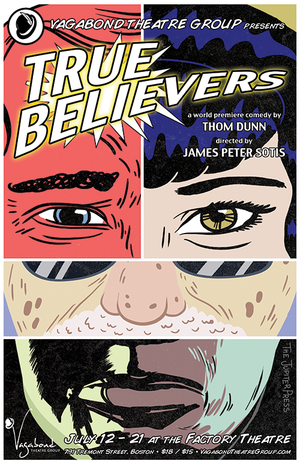My first professional-rate short story is now available in print from Crossed Genres! "An Baile na mBan" is just one of 22 tales of fantastical diversity in the pre-1930s world, all featured in Hidden Youth: Speculative Fiction from the Margins of History. (Perhaps not-so-surprisingly, mine's about pucas, Travellers, and abortion during the Irish Civil War.)
Publisher's Weekly said, "The offerings are solid, entertaining, and generally fascinating, conjuring up voices and experiences not often heard. This collection is well worth checking out for all fans of speculative fiction."
From the publisher...
“The sequel to the World Fantasy and Locus Award-nominated anthology Long Hidden, Hidden Youth focuses on children: underage protagonists marginalized in their time. 22 excellent stories ranging across nearly 2,400 years and spanning the globe, Hidden Youth reveals the stories of young people whose lives have been pushed to the margins of history.”









